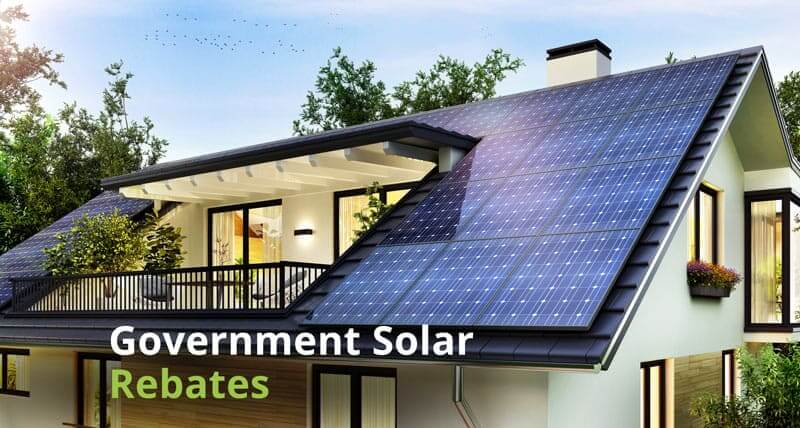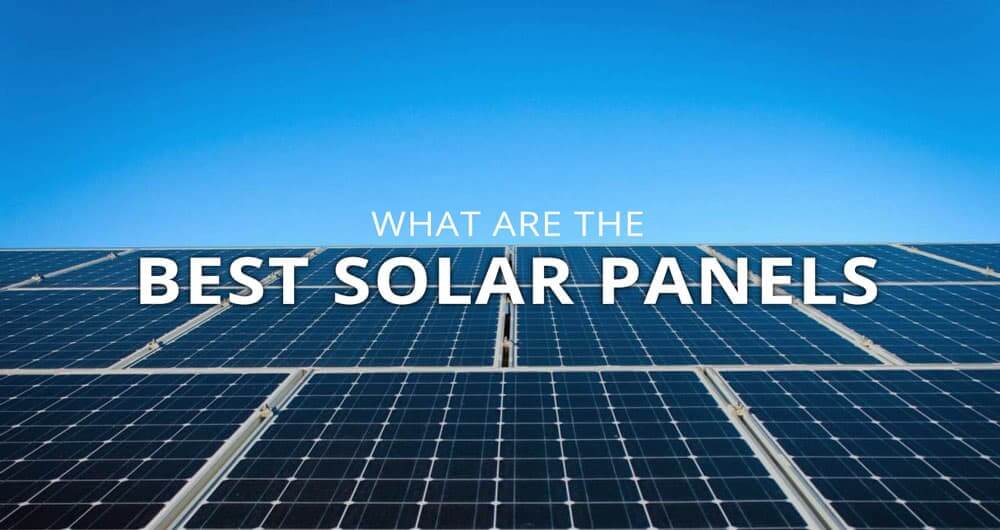Home What Can A 5kW Solar System Run
What Can A 5kW Solar System Run
In Australia, a considerable number of homes have chosen to put in 5kw solar systems. These systems produce ample energy to run an average household just as effectively as electricity supplied from the grid.
You can run a washing machine, air conditioner, fridge, water heater, oven, and TV with a 5kw solar system.
If you have these appliances in your home, a 5kW solar system is sufficient. It produces 20kWh per day. Most households in Australia consume a maximum of 24kWh of electricity. Thus, the 5kW solar system can run your home efficiently.
Table of Contents
ToggleAppliances that a 5KW solar system can run
A 5KW solar panel system will produce up to 22 kWh per day which can run a ton of different electrical appliances in a 3 – 4 bedroom house.
| Appliance | Watts per hour | Avg. Hours used daily | Total Watts |
|---|---|---|---|
| Hot water system (100L electric) | 1500 | 3 | 4,500 |
| Microwave | 1500 | 0.3 | 450 |
| Dishwasher | 18 | 1.5 | 2,700 |
| Freezer | 42 | 24 | 1,000 |
| Refrigerator | 35 | 24 | 900 |
| Washing machine | 500 | 0.5 | 250 |
| Clothes Dryer | 4000 | 0.3 | 1,050 |
| Central Air conditioner | 3200 | 2 | 6,400 |
| 2 x LCD televisions | 60 | 5 | 300 |
| 2 x Laptops | 200 | 6 | 1,200 |
| Lights for 4 bedroom home (10 x 7 Watt LED lights [60W equivalent per globe]) | 70 | 6 | 420 |
| Wifi | 6 | 24 | 144 |
| Total | 19,100 |
Note: Daily hours are calculated by taking the average appliance usage each week and dividing that by seven days. Also, in the chart above, 1 hour is represented as “1”, whereas 30 minutes is represented as 0.5 hours. Daily watt figures sourced from energyusecalculator.com
Factors That Determine What Your Solar System Can Run
How much power the system produces
How much power a solar system produces is determined by the size of the solar system. A 5kW solar system produces 20kWh per day of electricity. A larger solar system will produce more power and hence will run more appliances and suitable for larger homes.
If you have a large home or your home consumes a lot of power daily, you need a solar system that produces more power.
Region
Solar systems in different regions produce different amounts of power even when they are the same size.
Solar systems in regions with more hours of sunshine produce more power. While those with fewer hours of sunshine produce less.
Depending on the climate where you live, your 5kW solar system may power your home efficiently or you may need a larger system.
How much power your appliances need
Different appliances require different amounts of power to run. Some appliances, for example, a TV will need less power than a washing machine or a water heater.
If you have appliances that need a lot of power to run, you will need a solar system that produces more power. A smaller than 5kW solar system may not power a washing machine while it can.
Factors that determine solar system size
Your power consumption
How much electricity you use also determines the size of the solar system you require. Find out your electricity consumption on your electricity bill. The amount of power you consume depends on the size of your house, the number of appliances in it, and other items that may need electricity such as an electric car.
The more your electricity consumption, the larger a solar system you need.
Size of your home
The size of your home determines how much power you need. The larger your home, the more rooms you have that need lighting and air conditioning. Additionally, the more appliances you are likely to have.
Where you live
How much power a solar system produces depends on the availability of the sun. You may buy a large solar system in a region with less sunshine availability. In this region, the solar system will not produce as much power as it would in a different region with more hours of intense sunshine availability.
A professional installer will advise you on the best solar system for where you live before installation.
Price
Solar PV systems are expensive. The larger the system, the more expensive it is. In Australia, the government has offered rebates for new solar customers. These rebates help to reduce the cost of purchase and installation. The larger the system, the higher the rebate value. The rebate or a typical 6.6kWh solar system is $2,873 (NSW, QLD, SA, WA).
Depending on where you live, some states also offer low-interest rate loans for the purchase of a solar system. Coupled with the state rebate, you can easily acquire a solar system that is suitable for your lifestyle.
How many solar panels do I need for a 5kW solar system?
The number of solar panels you need for your 5kwh solar system depends on the rating of the panels. The higher the rating on the panels, the fewer solar panels you require.
To install a 5kw solar system using the most common 315W solar panel, you will need 16 solar panels. 16 x 315w = 5040w or 5kW.
To fit these panels on your roof, you need about 25-40 square meters of roof space. If you don’t have sufficient roof space, you can mount your solar panels on the ground. Make sure they are in the open for easy absorption of sunshine.
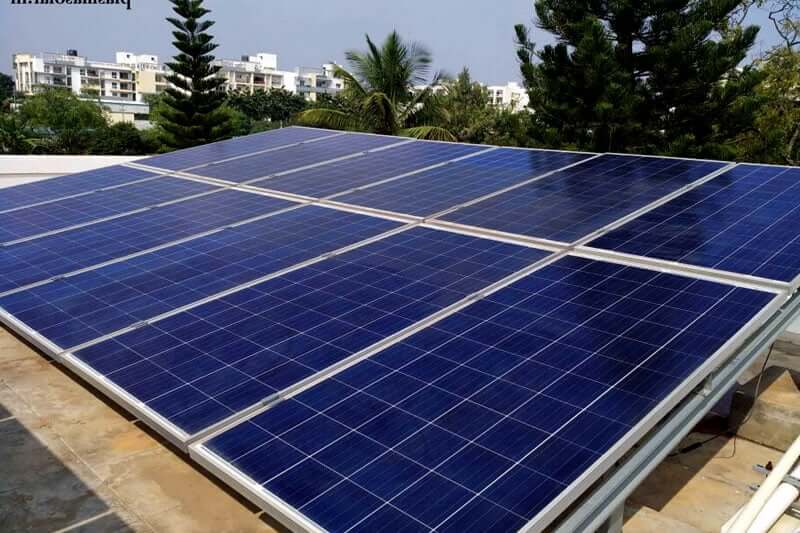
How much does a 5kW solar system cost?
A 5kW solar system costs around $5,655. Depending on where you live, you can expect a rebate discount of around $2,264. This rebate is actually claimed by your installer and the price they will give you (range above) is the after credit price.
Can you install a battery with a 5kW system?
Yes, you can install a solar battery system with a 5kW solar system but it’s probably not worth it just yet.
TSolar battery systems are expensive and to be honest you are best just taking advantage of the feed-in tariff system which allows you to use the grid like a virtual battery.
So instead of paying $15,000 for solar panel and battery, you will only pay about $4,500 for just the panels. This will mean you will save a max of 90% offyour power bill instead of 100% with a battery, but if you do the math, you will see it’s not worth paying $10,000 extra for a battery to save that last 10%.
What happens when you don’t have a battery system?
You can not run a home on solar panels alone. You can export your excess power to the grid without a battery system.
To do this, you need to get into an agreement with an electricity retailer. These are very common and super easy to set up. They are called a feed-in tariff. Your solar system will then be connected to the grid.
You will be paid for the amount of power you send to the grid at an agreed-upon rate known as a feed-in tariff. For most households, this helps to offset any electricity bills incurred.
Time taken for a 5kW system to pay itself?
When you purchase a solar system, you invest in the system. As a result, you want to see a return on your investment. The return on investment is the time it takes for you to recover your investment in the solar system.
For a 5kW solar system, it takes about 3.5 to 5 years for a 5kW system to pay itself.
How long it takes for a system to pay itself depends on several factors.
- First, solar power consumption. When you consume most of the power produced by your solar panels, you make more savings on your electricity bill.
- Second, electricity consumption. The more electricity you consume when you have solar, the longer it will take to return your investment.
- Third, feed-in tariffs. They help offset your electricity bill against the amount of solar you export to the grid. Maximum use of solar in the home coupled with payment for the solar power exported and reduced use of electricity help to shorten your payback period.
Do solar panels work at night?
No, solar panels don’t work at night. Solar panels convert sunshine into electrical power. Solar panels absorb sunshine during the day, They will then convert the sunshine into DC power.
The DC power is then passed through the inverter which converts it to AC power. AC power is used by electrical appliances in the house.
To use solar at night, you need to invest in a solar battery system. Solar batteries store the excess power produced by your solar system. You can then use the power in the battery at night.
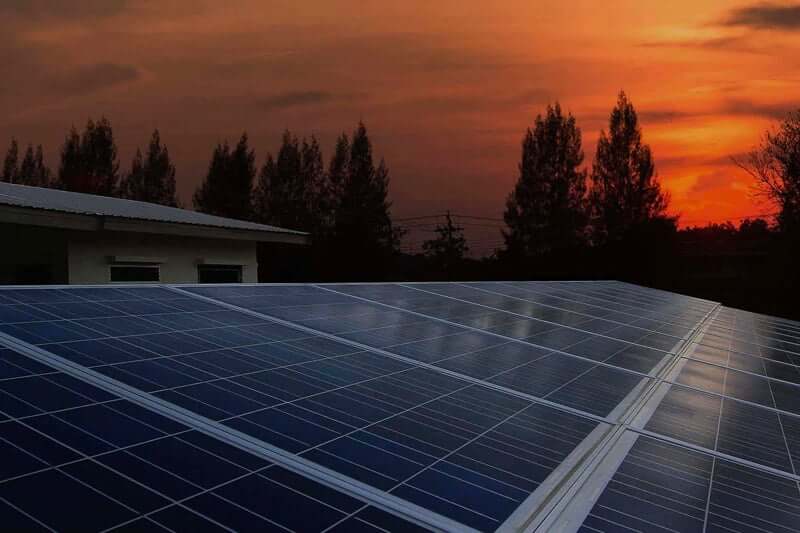
Do solar panels produce the same amount of power throughout the day?
No. The more intense the sun is, the more power the solar panels produce.
In the morning, the sun is not hot enough. Your solar panels will absorb the sunshine and produce some little power.
However, as the day advances, so does the intensity of the sun. Consequently, your solar panels produce lots of power at this time when the sun is hottest.
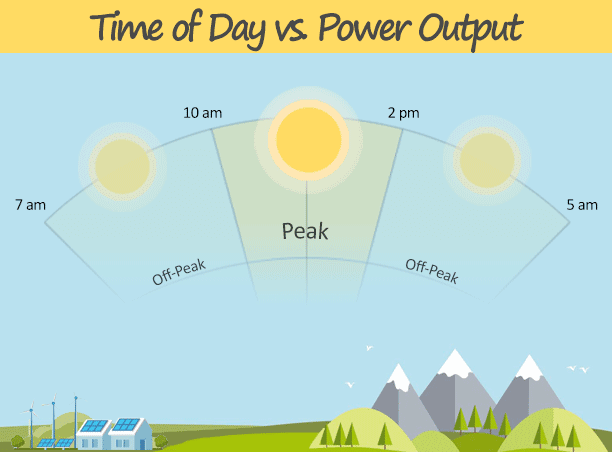
In the evening, as the sun sets, it reduces its intensity. Your solar panels also reduce their electricity production rate. Once the sun sets and it gets dark, your solar panels stop producing any power.
It is at the hours of the day when the sun is most intense that your solar panels produce enough power to export to the grid and power the home.
Depending on where you live in Australia, this peak time for solar panels falls from 10 am-2 pm.
Table of Contents
Toggle


